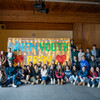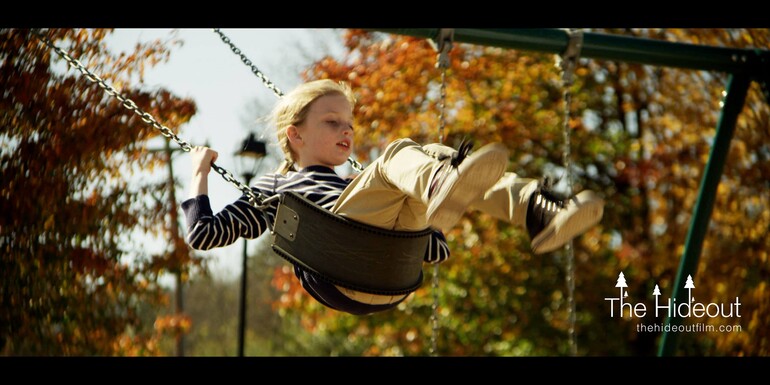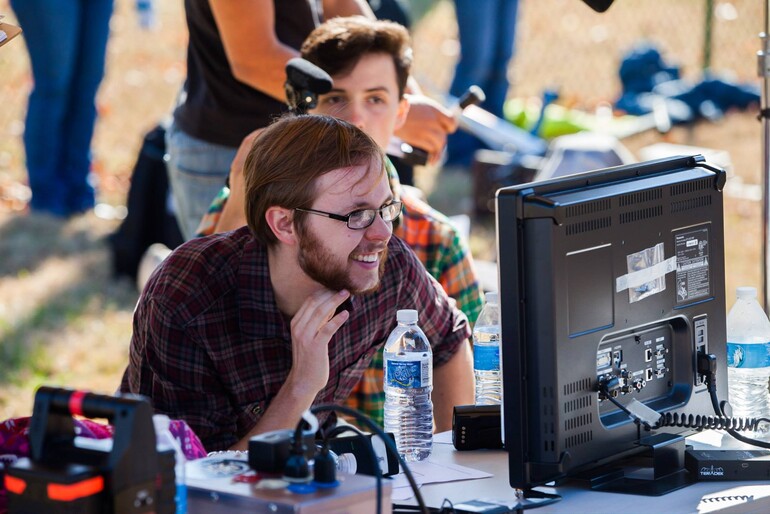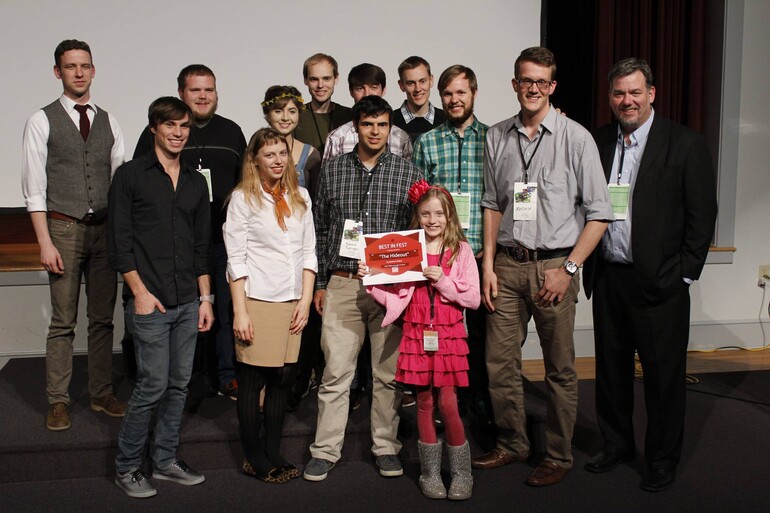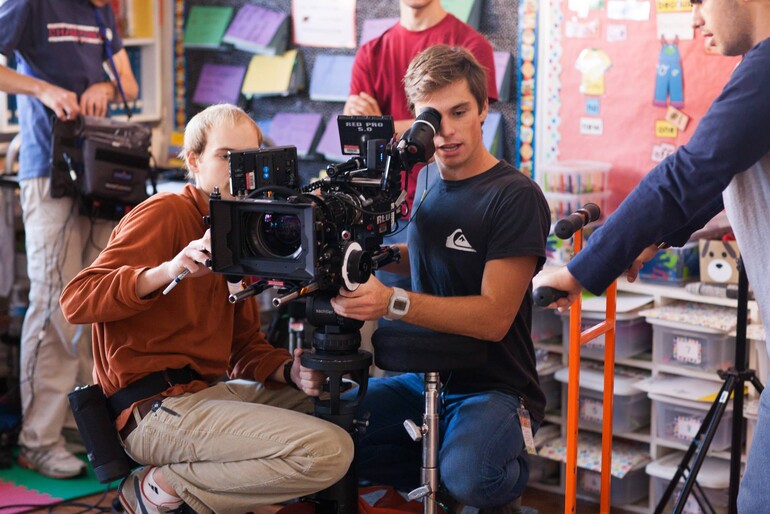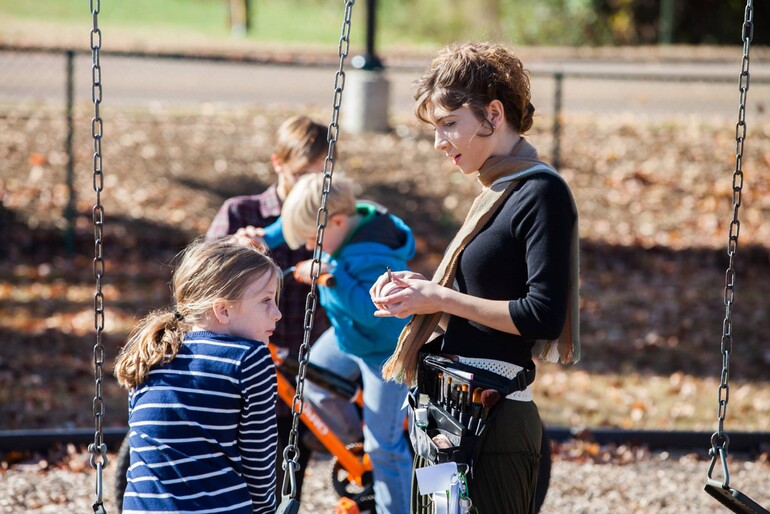At the 2014 SONscreen Film Festival held back in March at Southern Adventist University, a film was debuted titled The Hideout. The film tells the story of Holly, a young girl whose life is turned upside down when she is molested by her favorite teacher. Written and directed by Daniel Wahlen, the film addresses child sex abuse and seeks to educate parents of the need to foster open communication with their children. During the festival, The Hideout won four of the awards, including "Best Dramatic Short," "Audience Choice Award," and "Best in Fest." Wahlen agreed to answer a few questions for the Gleaner about the film and why he choose to address this topic.
[Editor's Note: The abusive relative mentioned in Daniel Wahlen's interview does not refer to any of his Wahlen relations who are currently Northwest Adventist members.]
GleanerNOW: Daniel, what inspired you to make The Hideout?
It was a way to process the shock of discovering that my [maternal] grandfather was a child molester and that I had many friends who had been affected by the prevalent issue of child sex abuse. [At the end of this article there is a link to some videos that explains more about the inspiration of The Hideout.]
GN: Why should the Adventist church pay attention to the issue of sexual abuse?
Because it not only is rampant within our church, but child abusers often gravitate toward churches as an easy target. Child abuse is most definitely happening in our church, and by being silent we are giving power to the abusers. Speaker Jimmy Hinton wrote an excellent article on the subject, and explains why child abusers should have no place in our primary church services.
GN: What can I as a parent do to prevent this from happening to my kids?
First and foremost, create an environment where your child feels safe to talk to you and tell you anything. Fostering this atmosphere of open communication is vital. Secondly, believe what they tell you! No matter if it's a close friend, respectable community leader, or even a family member. These children have already had their trust betrayed: don't betray it again. As far as preventing the abuse, be vigilant, educate your child on what is inappropriate, and make sure they know that they can turn to you for help.
GN: What is the most important thing you learned while making this film?
Film and story itself is so much bigger than you as an individual. I've been blown away by the people coming forward after a screening to share their story with me and how The Hideout touched and connected with them. A film transcends the storyteller and creates something special that is able to speak to a vast audience.
GN: How do you feel film and story telling can benefit the Adventist church?
Film is one of the most popular methods of communication today. If the church wishes to have a relevant voice in that conversation, then the church must speak the language of today and that means creating quality films that are able to connect with those unreached by traditional methods.
GN: When will the full film be publicly available?
We are currently on the film festival circuit, and will be announcing screenings on both our website and Facebook page. Later this year we will be releasing a DVD package with the film, behind-the-scenes featurettes, and resources on the topic intended to aid those who wish to use The Hideout in a small group, church, or school setting. This DVD package will coincide with an online release, as we want as many people as possible to see it.
Watch the teaser trailer.
If you are in the Portland, Ore., area and would like to see The Hideout, it will be showing at two film festivals in August.
- Aug. 14–15: Columbia Gorge International Film Festival, Washougal, Wash.
- Aug. 29: Portland Film Festival, Portland, Ore.
More resources:
- Watch an interview with Daniel Wahlen on the inspiration for The Hideout.
- “Keep it Reel” interview talking about the making of, inspiration and purpose of the film.
- The Hideout film’s official website.
